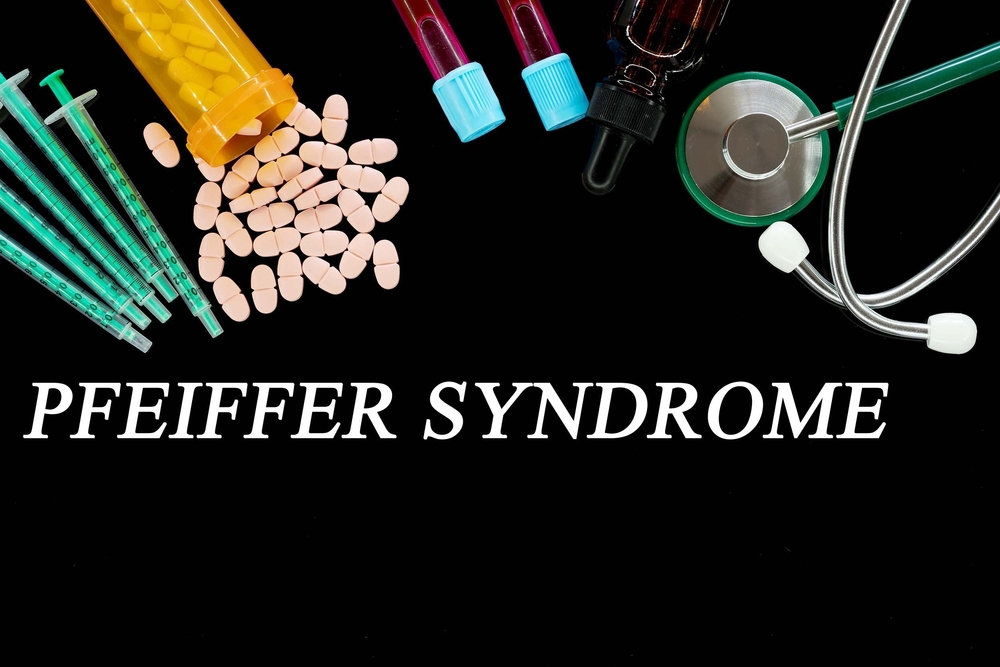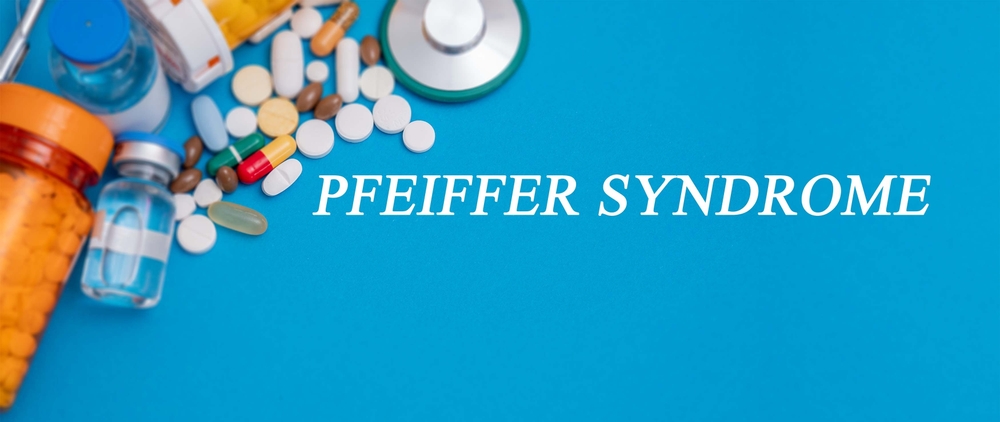When parents are expecting, they patiently wait for nine months to finally get that first look at their baby. Sadly, sometimes babies are born with conditions that current medical technology can not pick up in ultrasounds. This is what happened when Natasha and her husband met their son Raedyn for the first time. Their precious little boy was unfortunately born with a condition called Pfeiffer syndrome. No matter how mean people can be, Natasha says she refuses to stop posting photos of her baby and spreading awareness about the syndrome. She hopes through Raedyn, people will learn to be more accepting and kind to those who look different.
Mom Refuses To Stop Posting Online About Her Son With Pfeiffer Syndrome

Natasha, an American mom of three, has begun speaking out on TikTok against those who tell her she should stop posting pictures of her one-year-old son Raedyn. Raedyn was born unexpectedly with something called Pfeiffer syndrome, which has caused deformities to his skull and face. Because of this, he looks different than most babies and has many more health challenges ahead of him. Despite the mean comments she receives both online and in person, Natasha says she won’t stop sharing her son’s story. She believes that by continuing to post about him, she can spread awareness about his condition and encourage others to be kind. (1)
Read More: Twins Born With Down Syndrome Bring Joy To Their Parents
What Is Pfeiffer Syndrome?

Pfeiffer Syndrome is a genetic disorder that affects the bones, teeth, and soft tissues of the face. It affects about one in every 50,000 births. It can be caused by a mutation in any one of several genes, but it’s most commonly caused by mutations in FGFR2 or FGFR3. These genes are responsible for helping cells communicate with each other during development. When they don’t work properly, they can cause problems with the bones and teeth in your child’s head. (2)
Pfeiffer syndrome is hereditary, and it’s passed down through families. It’s a rare condition and can occur in any ethnic group. The syndrome is named after the German physician Hans Pfeiffer, who first described it in 1956. Pfeiffer syndrome can occur as an isolated condition or along with other genetic disorders, such as homozygous achondroplasia, thanatophoric dysplasia, and diastrophic dwarfism. Because the condition is rare and there are no specific tests to identify it, it’s not always easy for doctors to diagnose. However, if your child has Pfeiffer syndrome, some things can be done to help improve the quality of life.
Symptoms of Pfeiffer Syndrome

The symptoms of Pfeiffer syndrome vary depending on which gene is affected and how severe the mutation is. Some children have mild symptoms, while others have more severe symptoms, such as hearing loss or vision problems. Children with Pfeiffer syndrome may also have delayed growth and development because their skulls are misshapen and don’t allow room for brain growth or proper development of facial muscles required for chewing food properly (such as muscles used for chewing).
Treatment Options

There aren’t any treatments available yet to reverse the damage done by this condition once it has occurred; however, there are treatments available that can help improve the quality of life for children with Pfeiffer syndrome by improving bone health so that fractures don’t occur more often than usual (such as when children with Pfeiffer syndrome are bumped into or fall) and by improving hearing, vision and dental health.
Just Trying To Live As Normally As Possible

Natasha and her family have a GoFundMe page and are ready to accept donations to help cover Raedyn’s expensive medical costs. On the page, they have written this about Raedyn and the challenges both he and the family have faced as they manage his condition:
Our sweet boy was born with a very rare genetic syndrome that has affected him from his head to his toes, literally. He came out fighting and has shown us every single day how badly he wants to be here with us, so we too have fought for him! As many people have noticed, Raedyn has some noticeable differences in his appearance, but that’s just the tip of the iceberg. Our sweet little boy has had battles much more serious on the inside. This far Raedyn has undergone 10 surgery procedures and as we stated above, he will still need a handful more in his next few years of life. Raedyn’s condition will not be “fixed” with surgery.. we are just helping him in the right direction to succeed in his perfect little body!
Unknown Future

A lot of his future is still unknown so we take it day by day and pray for the absolute best. He will need many many therapies in his first few years of life. He will need to learn a way of communicating, wether that be sign language or some sort of electronic way of speaking through a computer or device. He will need physical therapy to learn how to use his limbs in a more sustainable way, and he will need tools to help him along the way such as special chairs, strollers, walkers and hearing devices. Raedyn will always need “extra”” accessories” but thats ok, we are just learning what we need to support him in that! Our families life will never go back to “normal” and I think selfishly that has been the hardest part for us all, we have worked very hard to build up our life and have the things we have. (3)
The family has had to move from Cheyenne to Denver, a more expensive city, to be close to Raedyn’s hospital. Natasha now “works” as his full-time nurse while her husband commutes back and forth between Cheyenne and Denver for work each day. Their oldest daughter has stayed behind in Cheyenne to continue school with her friends and classmates, while their other son will be starting school for the first time in Denver. All Natasha wants for her son, and their family is that people be kind in person and online.
Read More: Baby Born with Unusual Syndrome – 25 Years Later She Looks Amazing
Sources
- “‘Every time I post my baby boy’s photo online, people beg me to stop’.” Kid Spot. Madeline Cox. June 21, 2022.
- “Pfeiffer Syndrome.” Rare Diseases. 1988, 1989, 1994, 1998, 1999, 2003, 2008, 2012, 2015, 2018
- “Raedyn’s Journey Home.” Go Fund Me

